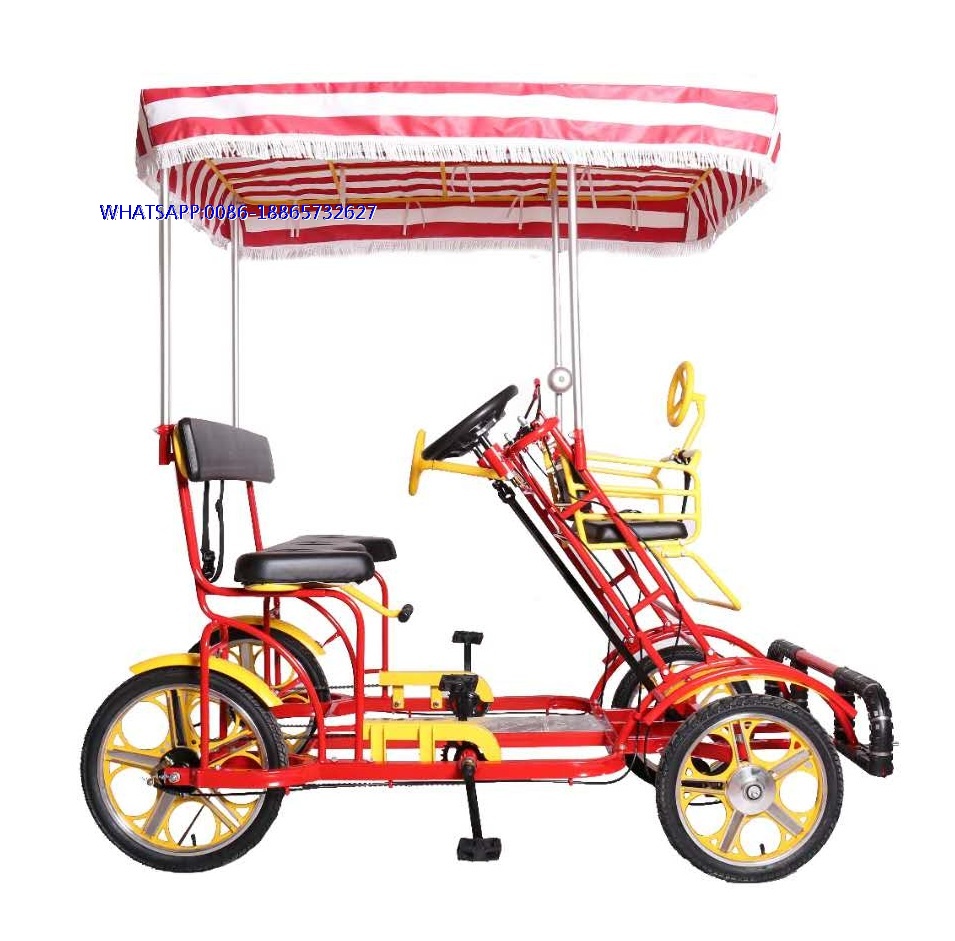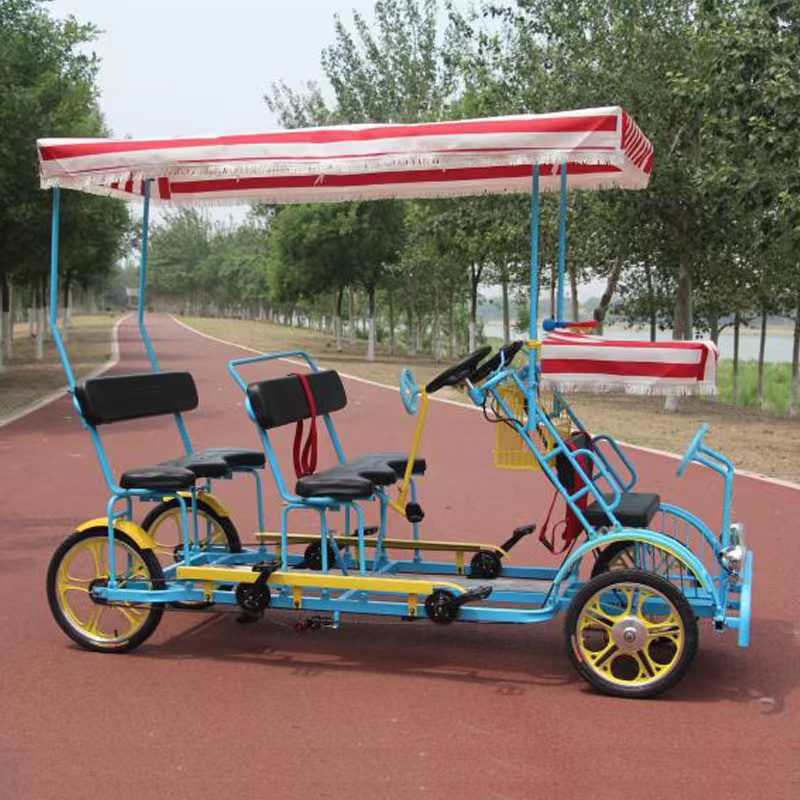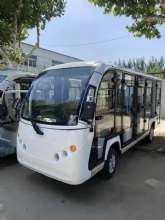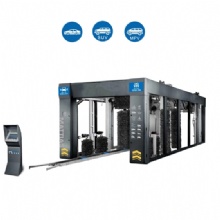Author:DavisDate:2024-6-29

Market operation plan and revenue analysis of shared bicycles
With the rise of the sharing economy, shared bicycles have been widely promoted around the world as a convenient and environmentally friendly means of transportation. However, with the intensification of market competition and the adjustment of regulatory policies, shared bicycle companies are facing increasing challenges. In this context, how to formulate effective market operation plans and achieve sustainable profits has become an important issue for shared bicycle companies.

First, for shared bicycle companies, market operation plans must be user-oriented. Through big data analysis and user surveys, companies can gain an in-depth understanding of user travel habits, preferences, and frequency of use, so as to accurately deploy vehicles and provide personalized services. At the same time, actively cooperate with government departments in urban planning and transportation policies to seek more support and resource cooperation.
Second, in terms of revenue analysis, shared bicycle companies need to focus on cost control and profit model innovation. In response to problems such as high operating costs and high maintenance costs, technical means can be used to improve management efficiency and reduce maintenance costs; at the same time, in terms of profit models, value-added service projects such as advertising and membership services can be considered. In addition, it is also possible to achieve diversified benefits in user travel by cooperating with other modes of travel (such as buses and subways).
However, under the current situation, the shared bicycle market is highly competitive and has certain risks. On the one hand, excessive deployment has caused resource waste and urban management problems; on the other hand, the changing regulatory policies have brought uncertainty. Therefore, when formulating market operation plans, it is necessary to carefully consider various risk factors and adjust strategies in time to adapt to market changes.
In short, as a new mode of travel, shared bicycles have played a positive role in improving urban traffic congestion and reducing environmental pollution. However, in order to achieve sustainable development and profitability, companies need to fully consider factors such as user needs, cost control and risk prevention when formulating market operation plans, and continuously optimize their service experience and profit model. Only in this way can shared bicycles truly become an indispensable part of people's lives and bring more convenience and choices to urban travel.
↓Next [ Maintenance and care of classic cars ]







